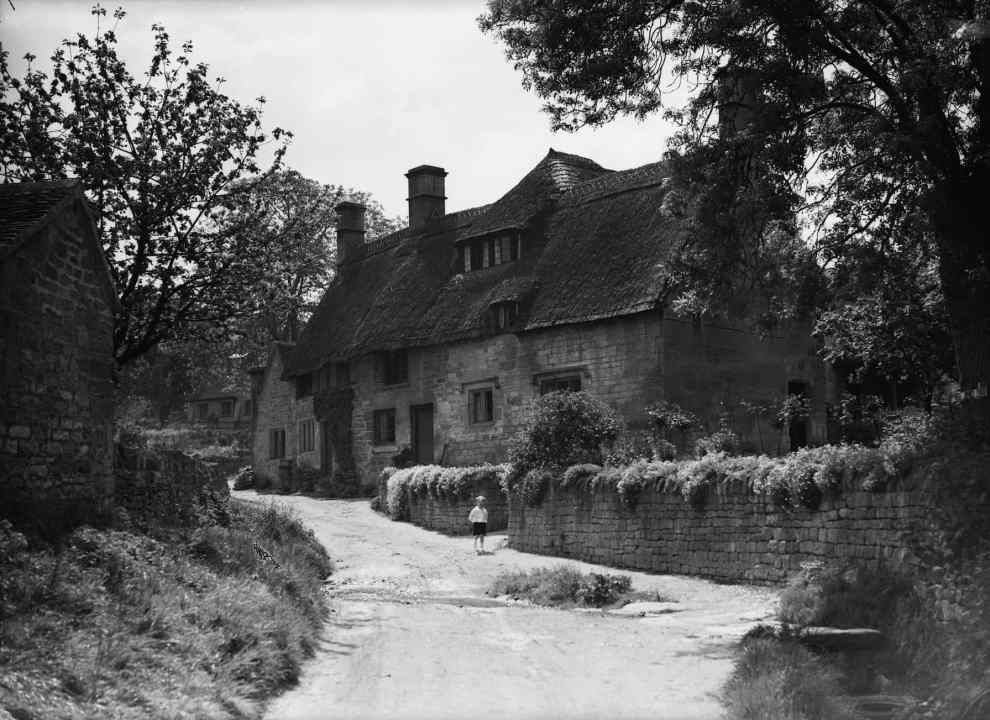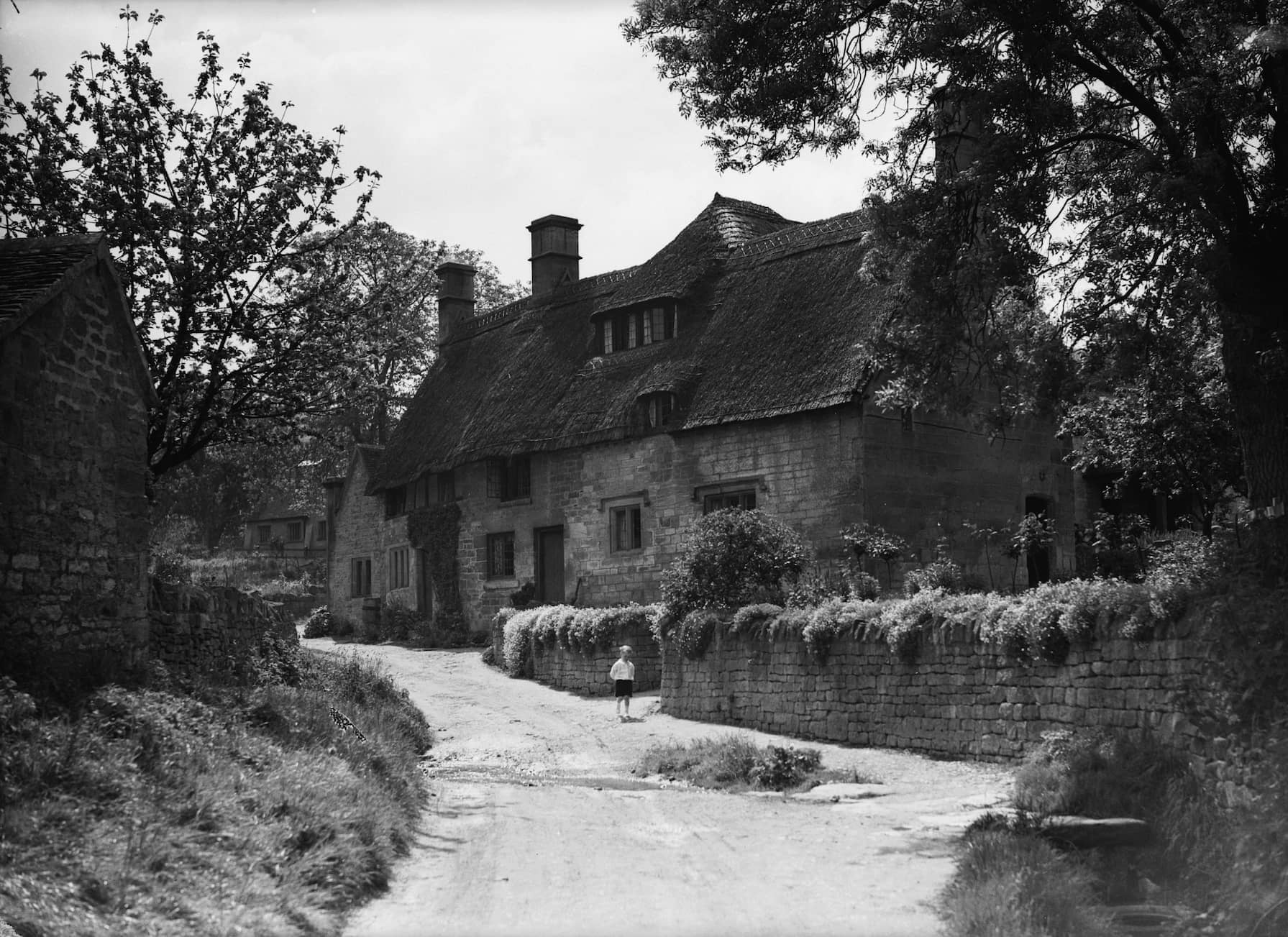There’s a revolution stirring in the gentle British countryside, as a political faction starts to make their voice heard. The Old Rectory left are shrugging off their chains. In Thursday’s local elections, places where the Lib Dems were trailing the Tories saw an eight point swing to Ed Davey’s party. Meanwhile, the Conservatives lost control of Oxfordshire after ceding four councillors to the Lib Dems and another to the Greens. But who are these new rural agitators?
I’m sure you know the most brazen of the tribe: retired lawyers harassing their children by dropping James O’Brien clips into the family WhatsApp chat. Militant FBPE-ers based between Putney and Salcombe. Angry, very much online, and for the most part, comparatively wealthy – the Old Rectory left were natural, unthinking Tories who’ve started flirting with Labour and the Lib Dems. They used to read the Telegraph, but now have a subscription to the Guardian. Rory Stewart and Ian Hislop are their pin-ups. And they might very well help sway the next general election.
Just as the ‘Hampstead left’ was a broad coalition – teachers, civil servants and privately educated Labour grandees – the Old Rectory left ranges across the assorted members of the educated and asset-owning classes. There are farmers anxious about the staggering rises in costs. Small business owners who are struggling to get reliable and regular employees in the wake of Brexit. Young families with no hope of getting on the property ladder in London, who have left the capital and are now ratcheting up prices in their local area. While it might be easy to mock their more voluble members, the Old Rectory left are having their livelihoods threatened by the economic troubles enveloping the country.
Boris Johnson – an Islington journalist by trade – is an anathema to many countryside voters
This is most obviously felt in the agricultural sector. Anxiety about the rising cost of fuel is shared by the rest of the country, but farmers have also been struck by a 60 per cent increase in the price of feed, with fertiliser now costing four times as much as it did last year. Russia is the world’s biggest exporter of synthetic fertiliser and there is only one operational plant in the UK, in Teesside. So far, the government has yet to offer a satisfactory fix.
Even though the cabinet is full of politicians with more than a splash of mud on their gunboots – George Eustice, Anne-Marie Trevelyan and Alister Jack among them – there is a growing feeling that the government isn’t really tuned into the countryside and its growing list of concerns. The Build Back Greener paper, the government’s eco strategy, contains scant detail on how net zero can be achieved without hurting rural economies. It’s telling, too, that in the 332 pages of the white paper on Levelling Up, there are only 39 uses of the word ‘rural’, with a good chunk of those coming in the executive summary.
You can start to see the small inkpots of disquiet spread across natural Tory constituencies. In Cornwall, the local council of Fowey has banned new-build properties as second homes. In the beautiful North Yorkshire village of Robin Hood’s Bay, all but five properties are holiday lets or second homes; residents claim that the local community is being slowly strangled, with no young families or children in the village outside of peak season.
The bigger picture matters too: partygate scandals seem to have played out badly in the shires, symbolising a government with no respect for the sense of decency and fair play that still quietly rules countryside life. The Church of England, the NHS, the National Trust – even the BBC – are broadly popular and the government’s pillorying of these institutions outrages many rural constituents.
Boris Johnson – an Islington journalist by trade – is an anathema to many countryside voters. They find his tricksiness and wilful law-breaking impossible to swallow and the drunken turmoil of his Downing Street court a grim spectacle. Theresa May’s quiet suburbanism was one thing. Carrie Johnson with her animal rights activism and Lulu Lyttle wallpaper is quite another. Michael Gove vowing to ban wood-burning stoves didn’t win the Tories many rural fans, either.
All this might soon tell at the ballot box. A poll last month found that in five of the UK’s most rural counties, there has been a 7.5 point swing from Conservative to Labour. Might it be that the Conservative party just doesn’t understand its natural constituents? Has the mindset of their metropolitan funders and powerbrokers finally seeped into today’s Conservative party? Have the 21st-century Tories morphed into 18th-century Whigs?
Either way, the Old Rectory left will play a role the next time the country goes to the ballot box. There’s the perpetual swing seat of Stroud in Gloucestershire, where Siobhan Bailie was only 4,000 votes ahead of the Labour candidate. Lewes, the Instagram-friendly Sussex town, will have another Liberal Democrat thruster looking to eat into Maria Caufield’s wafer-thin majority. High Peak in Derbyshire, one of the loveliest constituencies in the country, will see Robert Largan’s 600-vote majority come under renewed pressure from a Labour challenger. And there’s a host of other rural seats up for grabs across the board: Barrow and Furness, North Devon and Perth and North Perthshire.
The Tories have plenty of time to change tack. New leadership would go some way to soothing anger, but more vigorous action would be even more effective. ‘No party should take rural voters for granted. 2019 showed us that the old tribal loyalties of politics are dissipating. Any party that comes up with a genuinely ambitious plan to grow the economy in rural areas would, I suspect, win a great deal of support,’ explains Mark Tufnell, President of the Country Land and Business Association.
The leader of the opposition, Sir Keir Starmer, has been mocked by many for trying to win back the constituents of Blyth Valley with flag-waving displays of patriotism. Might this millionaire lawyer instead be better served putting on a Barbour and firing up a Land Rover?







Comments